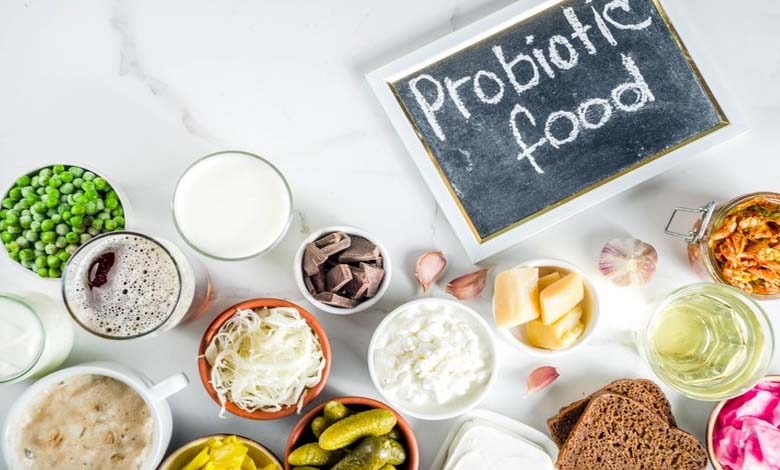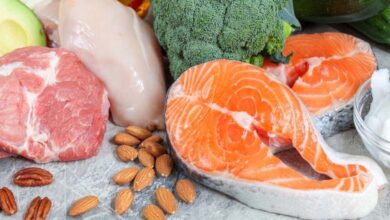The Ideal Time to Consume Probiotic Foods

Probiotics have become a cornerstone of digestive health in recent years, both as supplements and in the form of fermented foods such as yogurt, kefir, kimchi, sauerkraut, and miso. These are live microorganisms, primarily beneficial bacteria or yeast, which, when consumed in adequate amounts, provide measurable health benefits—especially for gut function. While the general health advantages of probiotics are well-documented, many still wonder: When is the best time to take them to ensure they work most effectively? This seemingly simple question has a surprisingly complex and science-backed answer.
One of the most critical factors influencing probiotic effectiveness is the acidity of the stomach. When you haven’t eaten for hours, your stomach becomes highly acidic (with a pH as low as 1–2). While this helps kill harmful bacteria and pathogens, it can also destroy a significant number of the beneficial probiotic organisms before they ever reach the intestines where they are needed most. That’s why many health professionals advise taking probiotics during or immediately after meals. At this time, the food acts as a natural buffer, temporarily reducing the stomach’s acidity and thereby improving the chances that the good bacteria will survive the journey through the digestive tract.
Time of day might also matter, although the research is less conclusive. Some studies suggest that morning may be an optimal time to take probiotics—especially with a fiber-rich breakfast. Dietary fibers act as prebiotics, feeding and promoting the growth of probiotic organisms once they reach the gut. Foods like bananas, oats, and chia seeds are excellent prebiotic sources that help create a more hospitable environment for the probiotics to thrive. However, more important than the precise hour is the concept of consistency. Daily consumption, regardless of time, is key to helping your gut microbiota establish a stable, diverse, and balanced ecosystem.
It’s also essential to personalize probiotic intake based on individual health needs. For example, people suffering from chronic digestive conditions like IBS (Irritable Bowel Syndrome) may find better results when taking probiotics at night. This is when the digestive system slows down, allowing probiotic bacteria more time to settle, colonize, and carry out their beneficial functions without being expelled too quickly.
Another important distinction to make is between probiotic-rich foods and probiotic supplements. Many supplements come in capsules designed to resist stomach acid, and some manufacturers even recommend taking them on an empty stomach. Always read the label and consult with a healthcare provider to understand how the formulation affects timing. With probiotic-rich foods, however, it’s generally best to consume them with meals, especially meals that include whole plant-based ingredients.
Ultimately, while there is no “one-size-fits-all” answer, current research supports the idea that consuming probiotics during meals, ideally alongside prebiotic fibers, maximizes their survival and benefits. Whether you choose to take them in the morning or evening should depend on your lifestyle, symptoms, and digestive rhythm. And remember, probiotics are not magic bullets. Their success depends on high-quality strains, a balanced diet, and a consistent routine. For long-term gut health, they are best used as part of a broader wellness strategy that includes nutrient-rich foods, hydration, sleep, and stress management.












